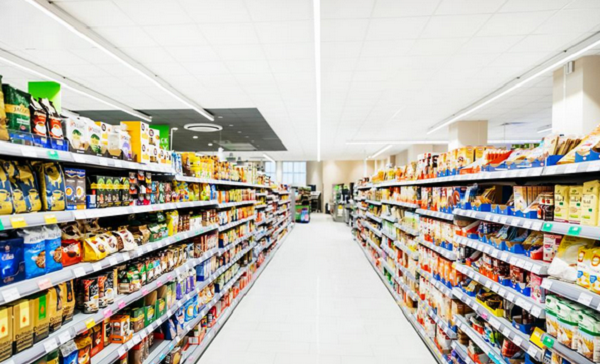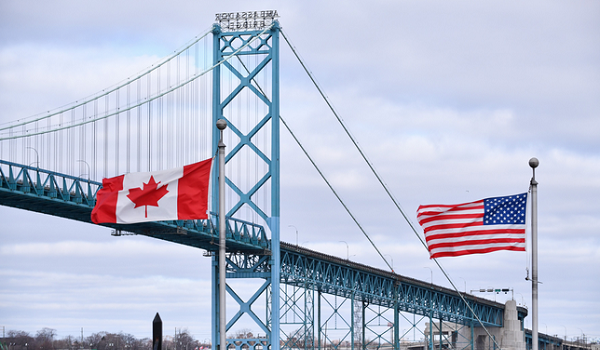The blame for the cause of rising food prices are more on grocery stores than any other reason
Canadians are more likely to blame grocery stores for rising food prices than any other reason, according to a survey conducted by Nanos Research for CTV News.
The survey took place earlier this week and involved more than 1,000 Canadians 18 and older.
Thirty-two per cent of those surveyed said grocery stores were the No. 1 reason for the sharp rise in food prices, up from 28 per cent in 2023. More than 20 per cent of those surveyed blame increased fuel costs for the rise in prices, a three percentage point increase from last year.
Canadians have had to pay significantly more for food, starting in the COVID-19 pandemic and continuing into the present day. The Bank of Canada said last month grocery prices have increased nearly 22 per cent between February 2021 and February 2024.
Survey respondents also blamed the food manufactures themselves for increased food prices, as well as weather events, the Trudeau government, the carbon tax or a combination of everything.
Increased food bank use
The survey also found that nearly one-in-five Canadians say they, or someone they know, has used a food bank in the past year.
The demographic with the highest percentage of respondents who said they knew someone who has used a food bank was between 18 and 34 years old, at just under 27 per cent. Meanwhile, the region of Canada that had the highest percentage of “yes” respondents was the Prairies, at 27.5 per cent.
CTV News Toronto’s Mike Walker reported in February that more than one-third of Canadian food banks and charities say they have had to turn people away. According to the Toronto-based Second Harvest’s “Hungry for Change” study, more than one million Canadians are expected to access food charity programs for the first time in 2024 based on anticipated demand.
“People in Canada can’t keep up with rising food costs,” Second Harvest CEO Lori Nikkel told CTV News in February. “More people are being pushed towards food charity, which for most people comes as a last resort. Our systems are buckling under the pressure.”
Grocery Code of Conduct
The Grocery Industry Code of Conduct Steering Committee has pushed for Canada’s first grocery code of conduct, which would “support fairness in the commercial dealings between suppliers, independent retailers and large Canadian grocers to ensure that consumers … enjoy affordable and innovative product choices,” according to the committee’s July 2022 progress report.
In February, the House of Commons’ committee that studies food prices urged Loblaw and Walmart to sign on to the grocery code of conduct, or risk having it made law. Both organizations have said they will not sign the code as currently drafted, saying it could raise prices for Canadians.
However, Empire Co. Ltd. CEO Michael Medline, whose company owns the Sobeys, Foodland, Farm Boy and FreshCo brands, told an audience at a Retail Council of Canada event last week there’s no evidence a grocery code of conduct would raise food prices and that he supports the code.
Medline said there’s no code without all retailers getting on board.
“I think everyone’s caught in a bit of a stalemate right now trying to figure out how to put pressure on the parties that won’t sign,” he said. “I think it’s a bit of a game of chicken here.”
Methodology
The data in this article was provided by an RDD dual frame survey commissioned by CTV News and conducted by Nanos Research. The survey was conducted via phone between March 31 and April 1, with a random sample of 1,069 Canadians aged 18 and older. The margin of error for this survey is plus or minus three percentage points, 19 times out of 20
This article was first reported by CTV News












